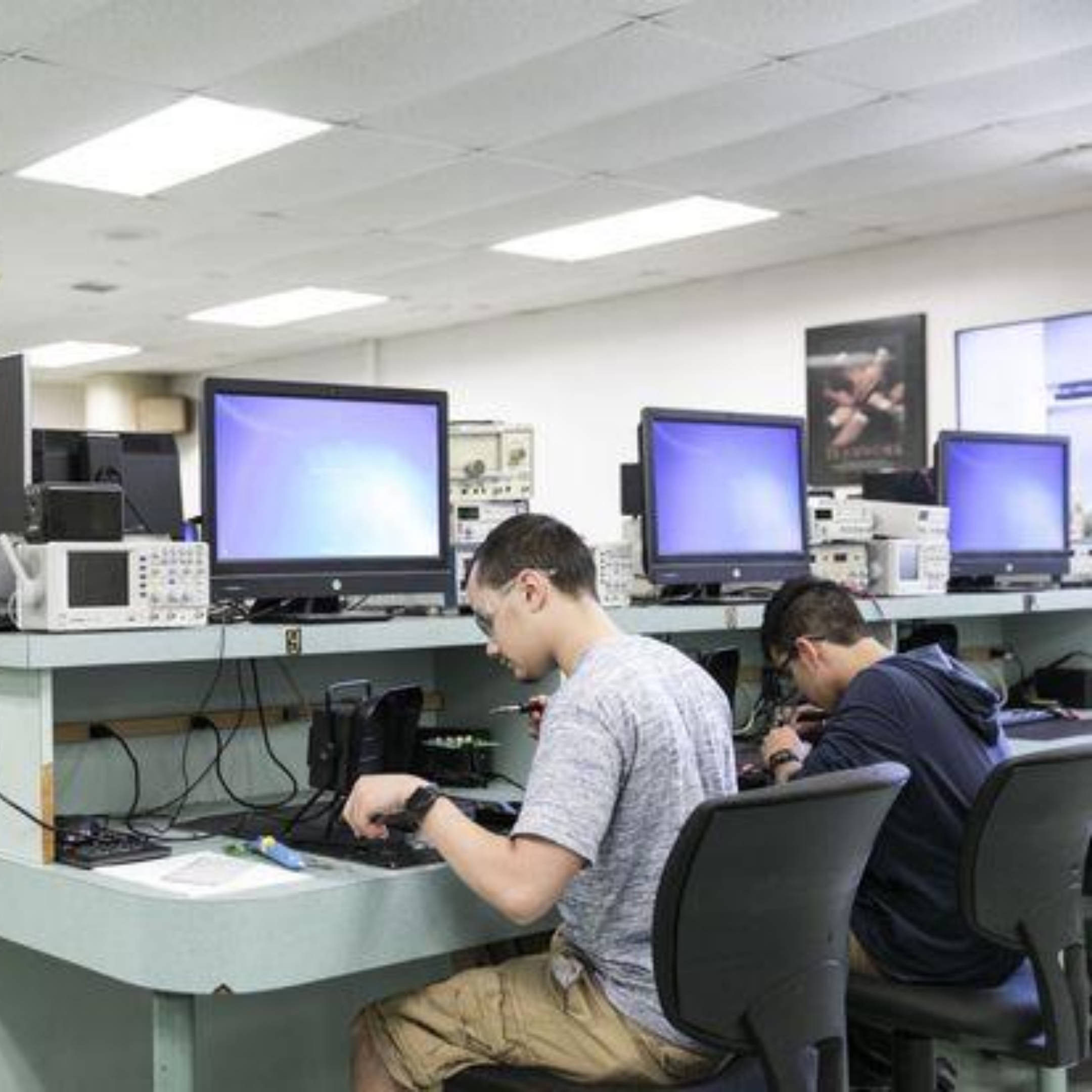A New Approach to Poverty in Israel
A recent study published by the Israel Democracy Institute measured the totality of the economic toll the COVID-19 pandemic has taken on the Israeli population found that two million Israelis, a third of the country, reported a loss of income due to COVID-19, either from businesses closing temporarily or permanently, or from individuals losing their jobs. And, while the second wave seems to be stabilizing, the report shows that the financial situation still has a long way to go. However, rather than increasing stimulus packages, people are calling for a more systematic approach to solving the crisis; a solution that has long term benefits rather than short term gains.
According to the study, while almost 35% of Israelis believe the economy will bounce back by this coming January, given the loss of income, and the lack of government interference to try and get people back to work, “middle-class Israeli families are two years away from poverty and that the real effects of the recession will only be felt in 2021.” The reason given for the mass downfall is the lack of jobs for the middle class that will continue to shrink if programs aren’t put in place to help them get back on their feet. “There is no person in the Israeli government responsible for reducing poverty,” said humanitarian aid organization CEO, Eran Weintrob, “and there is no government goal to reduce it.” Additionally, as the pandemic continues to impact society and culture at large, there is no clear answer as to whether or not many of the jobs, like those related to the travel industry or entertainment, will still be waiting for people when they get back to work once a vaccine is produced.
To that end, many have called for the government to include job creation and vocational training in its stimulus package programs, including Daphna Aviram Nitzan, director of the Center for Governance and the Economy at the Israel Democracy Institute. “You cannot just sit down and say, okay, my profession is not relevant anymore, I will sit and get unemployment from the state. We must pay them unemployment benefits, but we must send them to courses and encourage them [to attend],” she said in a recent statement about the issue. In fact, recent Finance Ministry data published in July shows that the government has allocated NIS 625 million ($183.5 million) in 2020 for vocational training programs, showing that the government acknowledges the issue. As of now, no plans or programs have been drafted or executed to use that money, but there is hope that plans will be drafted soon as many Israelis prepare to get back to the workforce, in one way or another.

